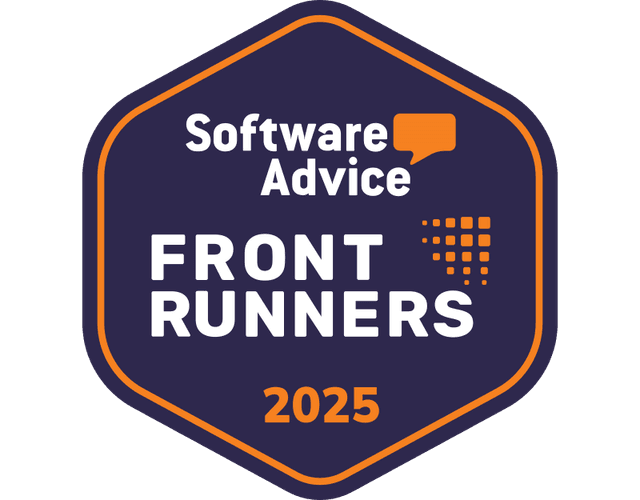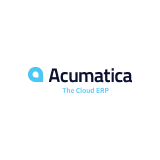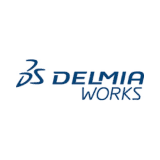What is ERP Software?
ERP (Enterprise Resource Planning) software is a comprehensive digital solution that helps companies streamline business processes across departments across industries. It pulls data from every branch of the organization (e.g., human resources, finance, and actual operations) and merges them into a centralized repository for the organization. By consolidating day-to-day information, the entire organization makes these visible to all members of the team and other stakeholders. Consequently, the company can optimize resources, mitigate risks, and increase accountability.
Benefits
Implementing an ERP system, especially for large enterprises, is challenging. The first step—data migration and integration—is particularly hard because companies need to digitize a great deal of information. On top of that, they would have to change or adjust daily processes to effectively streamline them, which would probably cause confusion and disruption. By utilizing an ERP software solution, organizations can avoid these issues and reap the following benefits:
Enhanced Visibility – By integrating business functions in a unified platform, everyone in the company can access up-to-date information, minimizing redundancy and errors. For instance, production managers can schedule tasks better, inventory supervisors can track resources in real-time, and compliance officers can promptly audit processes, ensuring the company’s adherence to regulations.
Increased Workflow Efficiency – Since processes will be machine-driven with real-time data, the organization can enhance productivity and be on top of any issues. More importantly, by eradicating manual processes, repetitive tasks, and disconnected systems through automation, the company saves on administrative and operational costs.
Better Documentation Processes – Companies across industries are mandated to follow regulations. ERP software, complete with monitoring capabilities and automated reporting, can aid compliance officers in compiling, organizing, and sharing inspection and audit documents that ensure they are in keeping with the regulations and industry standards.
Key Features
ERP software often includes diverse modules that suit varying industries, including manufacturing, construction, retail, healthcare, finance, and services. To ensure that this can promote collaboration and improve overall organizational efficiency, make sure your top pick has the following:
ERP Templates with Repository (e.g., for creating BOM , MES audits, etc.)
Centralized Database
Workflow Automation
User Access Control
Project Management Tools
Quality Management
Supplier Relationship Management
Customer Relationship Management
Reporting with Audit Trail
Analytics (e.g., Demand Forecasting)
Security Features
Integrations
Scalability
Mobile Accessibility
Selecting the Right ERP Software
Any organization that deals with complex business processes and wants to improve operational efficiency can benefit from ERP implementation. All ERP software examples detailed above will work well for what you need. Take another look at the platforms in the summary below:
ERP Software | Free Version | Paid Plan | Mobile App |
SafetyCulture | Yes | $24/user/month* | Yes |
Kinetic by Epicor | No | Contact for pricing | Yes |
NetSuite by Oracle | No | Contact for pricing | Yes |
Acumatica | No | Contact for pricing | Yes |
Odoo | Yes | $7.25/user/mo * | Yes |
Sage X3 | No | Contact for pricing | Yes |
SYSPRO | No | Custom quote | Yes |
DELMIAWorks | No | Register for price list | Yes |
Workday | No | Contact for pricing | Yes |
Quickbooks by Intuit | No | $1,830 per year | Yes |
* billed annually












